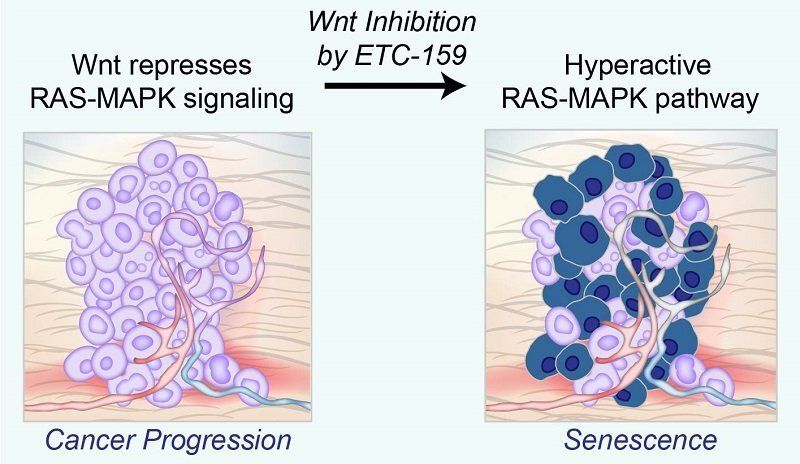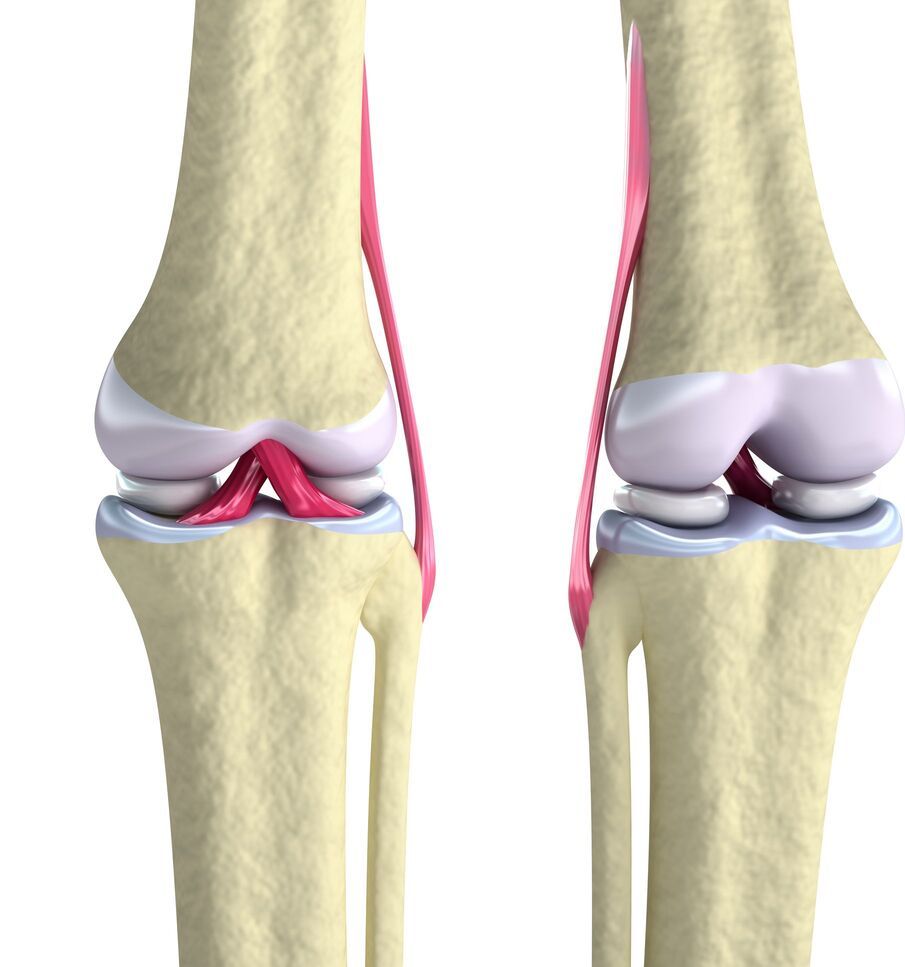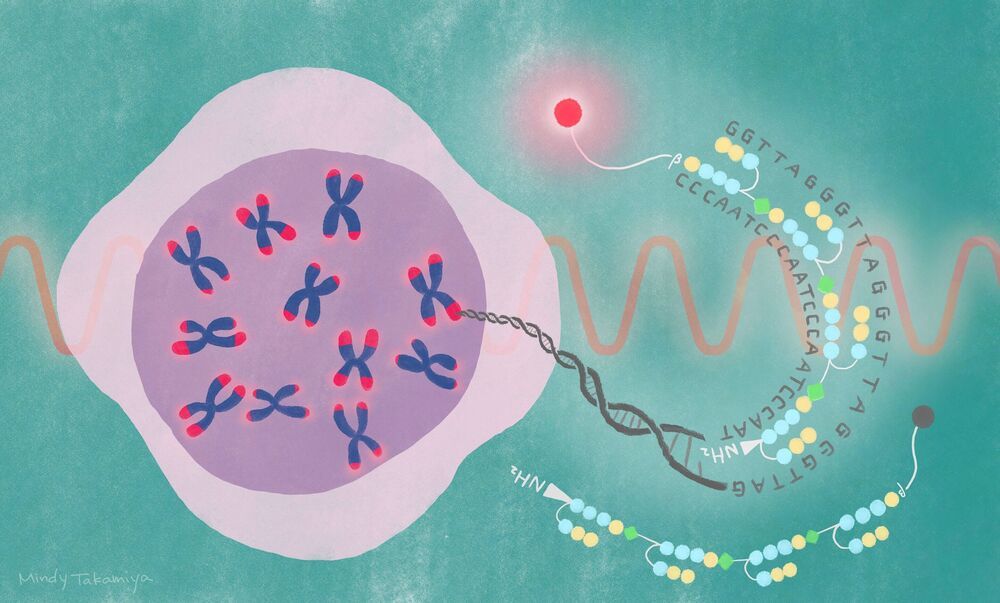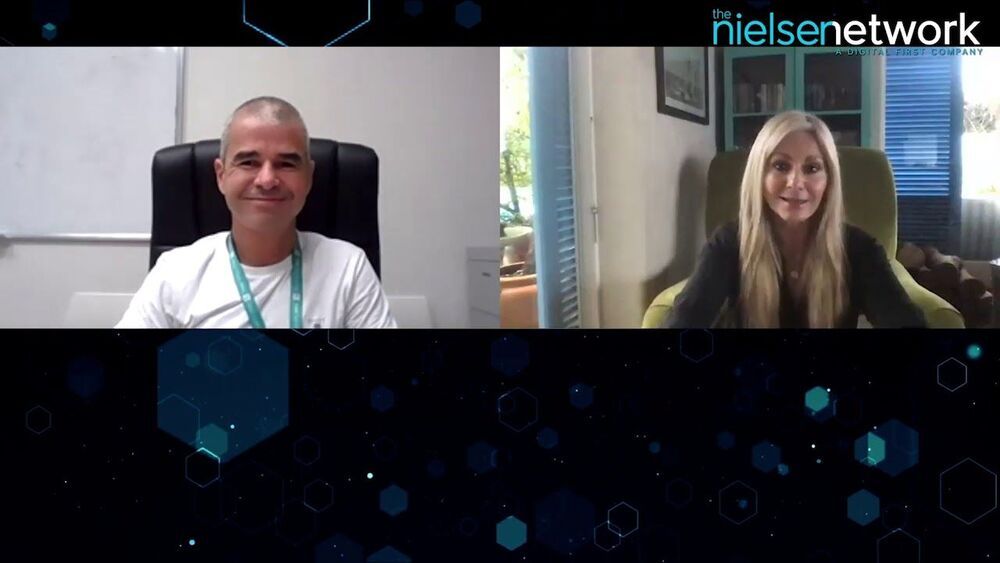Nov 20, 2020
Getting it just right: The Goldilocks model of cancer
Posted by Kevin Huang in categories: biotech/medical, chemistry, genetics, life extension
Senescence in cancer cells
~~~
Sometimes, too much of a good thing can turn out to be bad. This is certainly the case for the excessive cell growth found in cancer. But when cancers try to grow too fast, this excessive speed can cause a type of cellular aging that actually results in arrested growth. Scientists at Duke-NUS Medical School have now discovered that a well-known signaling pathway helps cancers grow by blocking the pro-growth signals from a second major cancer pathway.
Continue reading “Getting it just right: The Goldilocks model of cancer” »

















